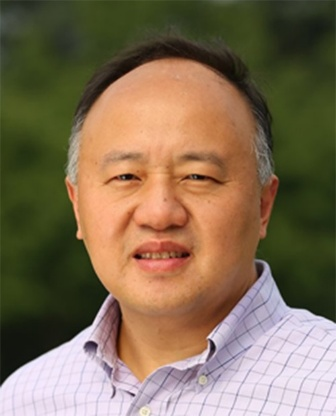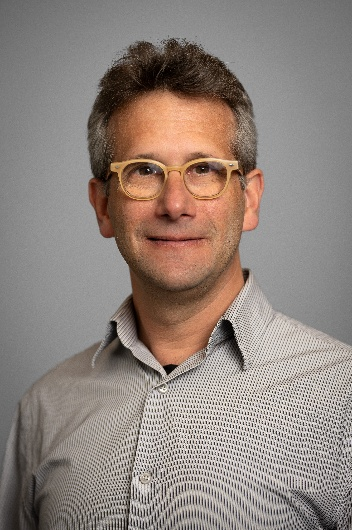1. Jun S. Liu
Professor
Tsinghua university
Title: Variational Approximation for Statistical Modeling
Abstract: We use three statistical modeling examples to illustrate how to use variational methods to handle statistical estimation and inference tasks involving complex latent structures. In some settings, we can show that variational approximations can also yield good approximations to the marginal posterior distributions of the targeted parameters. The three examples are: linear regression with group variables; measurement error model analysis, and multivariate stochastic volatility models.

Bio: Dr. Jun Liu is Chair Professor at Tsinghua University and Professor Emeritus at Harvard University. He received his BS in mathematics from Peking University (1985) and Ph.D. in statistics from the University of Chicago (1991). He held faculty positions at Stanford University (1994–2004) and Harvard University (2000–2025). Liu has received the COPSS Presidents’ Award (2002), Morningside Gold Medal in Applied Mathematics (2010), Pao-Lu Hsu Award (2017), and Jerome Sacks Award (2017). He has been a Medallion Lecturer (IMS, 2002), Bernoulli Lecturer (2004), and elected Fellow of IMS (2004), ASA (2005), and ISCB (2022). He was elected to the U.S. National Academy of Sciences in 2025.Liu’s research spans Bayesian statistics, Monte Carlo methods, statistical machine learning, stochastic processes, and computational biology. He introduced statistical missing data formulations and Gibbs sampling strategies for biological sequence analyses, pioneered sequential Monte Carlo (SMC) and novel MCMC techniques, and contributed to high-dimensional Bayesian modeling and sufficient dimension reduction.He has co-authored over 300 publications with more than 90,000 citations, served as co-editor of JASA (2011–2014), and mentored 40 PhD students and 32 postdoctoral fellows.Liu’s current interests include Bayesian methodologies, bioinformatics, statistical machine learning, Monte Carlo methods, and applications of artificial intelligence.
2. Marc A. Suchard
Professor
University of California Los Angeles
Title: Simple approximations for scalable Bayesian computing in phylogenetics
Abstract: Bayesian computation remains onerous at scale for inference under many discrete-valued stochastic process-based models, while these statistical models remain ubiquitous across biology and public health. In this talk, I will explore how one can construct reliable approximations for continuous-time Markov chain (CTMC) models. CTMCs underpin the most popular models for learning about how rapidly evolving pathogens change over time and space to give rise to human infection, and the dimensionality of these problems are daunting. These approximations enable the introduction of novel random-effects and non-parameteric CTMC models that capture biological realism previously missing. Applied to the analysis of yellow fever and Ebola viruses, these models remove bias in inference of the factors driving transmission, while the statistical machinery is over an order of magnitude more time efficient than conventional approaches.

Bio: Dr. Suchard is Professor in the Departments of Biostatistics and of Computational Medicine at the University of California, Los Angeles (UCLA). His research focuses on large-scale inference of stochastic processes in genomics and observational healthcare. He received his BA in biophyics from the University of California, Berkeley and MD and PhD in biomathematics from UCLA. He has authored over 350 peer-reviewed publications, is the 2003 recipient of the Savage Award, an international prize for the best Bayesian dissertation, received the 2006 and 2011 Mitchell Prizes, the premier award in applied Bayesian statistics, a 2008 Guggenheim Fellowship to promote Bayesian approaches in medicine and Research Gifts from Microsoft Corporation and Google to further statistical computing. He is also the recipient of the 2013 Committee of Presidents of Statistical Societies (COPSS) Presidents’ Award for outstanding contributions to the statistics profession by a person aged 40 or under and the 2021 Jerome Sacks Award for Outstanding Cross-Disciplinary Research. He holds fellowships in the American Statistical Association, the Institute of Mathematical Statistics and the International Society for Bayesian Analysis.

